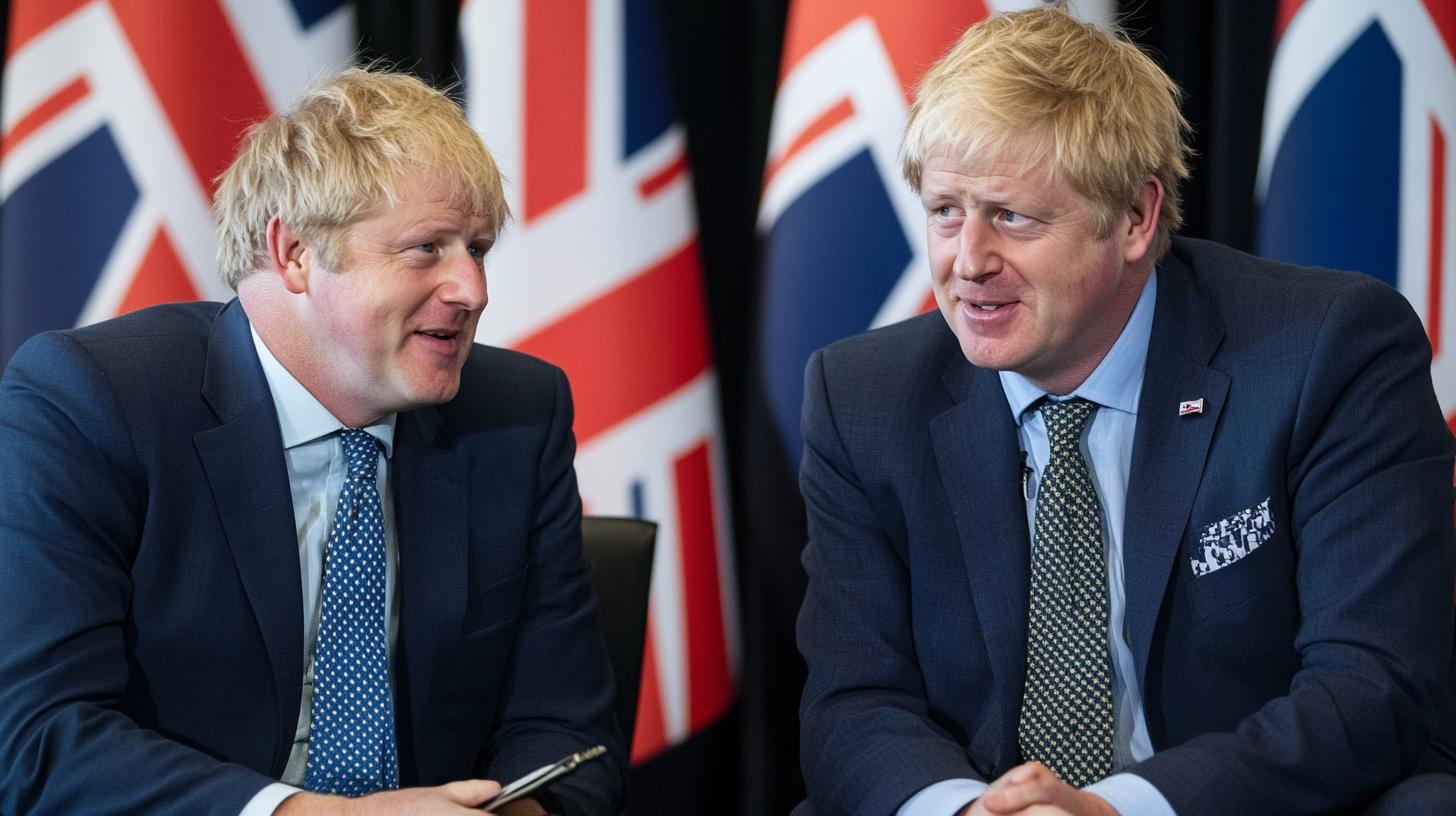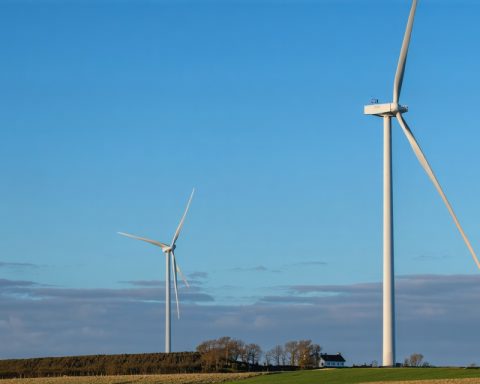In a groundbreaking move, Australia and the UK have announced a strategic alliance focusing on climate change and renewable energy solutions. This ambitious “Climate and Energy Partnership” was banded during a historic meeting between UK Prime Minister Keir Starmer and Australian Prime Minister Anthony Albanese at the Samoa Commonwealth Heads of Government Meeting. The symbolism of this initiative aims to turn the tide against climate-related challenges.
Renewable Synergy: A Promise with Potential
The agreement emphasizes the accelerated development of renewable energy sectors, suggesting a new era of collaboration on technologies such as green hydrogen and offshore wind. Despite the excitement, the official joint statement left much to be desired in terms of specific strategies or programs. Anthony Albanese noted that this collaboration is poised to drive significant economic benefits from the transition to net zero, all while strengthening international climate efforts. Keir Starmer highlighted shared values, including the drive for economic growth and affordable, clean energy solutions.
Pacific Concerns: A Rising Tide of Skepticism
However, the partnership has not quelled the concerns of Pacific Island leaders. As perilous climate changes loom over their nations, criticism echoes that neither country is doing enough to curb fossil fuel impacts. A recent report claims Australia, the UK, and Canada are disproportionately contributing to global emissions, despite comprising a small fraction of the Commonwealth’s population.
A Call to Action: Beyond Zero
For countries like Tuvalu, the consequences are dire. Tuvalu’s Prime Minister sternly warns of the threat fossil fuel expansions pose, labeling it a “death sentence.” Alongside Vanuatu’s climate envoy, there’s a rallying cry for a fossil fuel non-proliferation treaty—a bold step toward safeguarding vulnerable nations. As the international community awaits substantive actions, the true impact of this partnership hangs in the balance.
Climate Chain Reaction: How the Australia-UK Alliance Could Reshape Global Energy Dynamics
The newly minted “Climate and Energy Partnership” between Australia and the UK signals more than just bilateral cooperation; it represents a potential template for larger global initiatives. While the specifics remain undefined, the broader implications of this alliance could usher in significant changes affecting nations worldwide.
Unveiling New Opportunities: The Rise of Green Industries
One of the most substantial anticipated impacts of this partnership is the stimulation of the green industries, particularly in developing nations. With technological collaboration on green hydrogen and offshore wind, new markets stand to gain substantial economic opportunities. This could lead to job creation in sectors related to renewable technologies and a surge in investments for sustainable infrastructure.
Conversely, this movement also poses the question: can the existing workforce transition seamlessly to these emerging industries? Many regions with economies heavily reliant on fossil fuels face uncertainty about how to integrate into a renewable energy landscape without losing jobs. This challenge calls for robust training programs and policy support to manage the socio-economic shift.
Energy Insecurity: Who Benefits and Who Loses?
While the Australia-UK partnership is a step toward clean energy, it has sparked debate about energy security. Critics argue that the shift to renewables could marginalize countries still dependent on traditional energy sources. How will nations with limited access to renewable technology cope as world powers push forward with green agendas? These countries may face increased energy costs or the challenge of securing energy independence.
Moreover, there’s a pressing question of resource distribution. Will renewable energy resources, like lithium for batteries or rare earth elements for turbines, become a new form of geopolitical leverage akin to oil?
Global Environmental Policy: A Unified Front or Fragmented Efforts?
A growing concern among environmentalists is whether such alliances will encourage comprehensive global policies or merely fragmented efforts by developed nations. The demand for a fossil fuel non-proliferation treaty has already sparked dialogue across international forums. Yet, the actualization of such treaties remains uncertain amidst competing national interests.
Could the Australia-UK partnership serve as the catalyst for more encompassing global agreements that include emission cuts and climate reparations? It’s crucial that these efforts don’t overshadow the voices of smaller, vulnerable nations.
Navigating Ethical Dilemmas: Balancing Progress and Responsibility
Amidst technological advancements and economic gains, ethical dilemmas emerge. How will developed nations account for their disproportionate historical contribution to greenhouse gas emissions while setting aggressive renewable energy goals? There’s a growing demand for accountability and climate justice to ensure that the responsibility does not solely rest on developing countries.
In Conclusion: A New Chapter or Old Challenges?
The Australia-UK “Climate and Energy Partnership” is undeniably ambitious, yet its true impact will be gauged by its ability to address these pressing concerns while setting a global precedent. The world waits to see if this alliance will catalyze a genuine shift toward cohesive and inclusive climate policy.
For more information on the ongoing climate initiatives and debates, visit BBC and Reuters.














